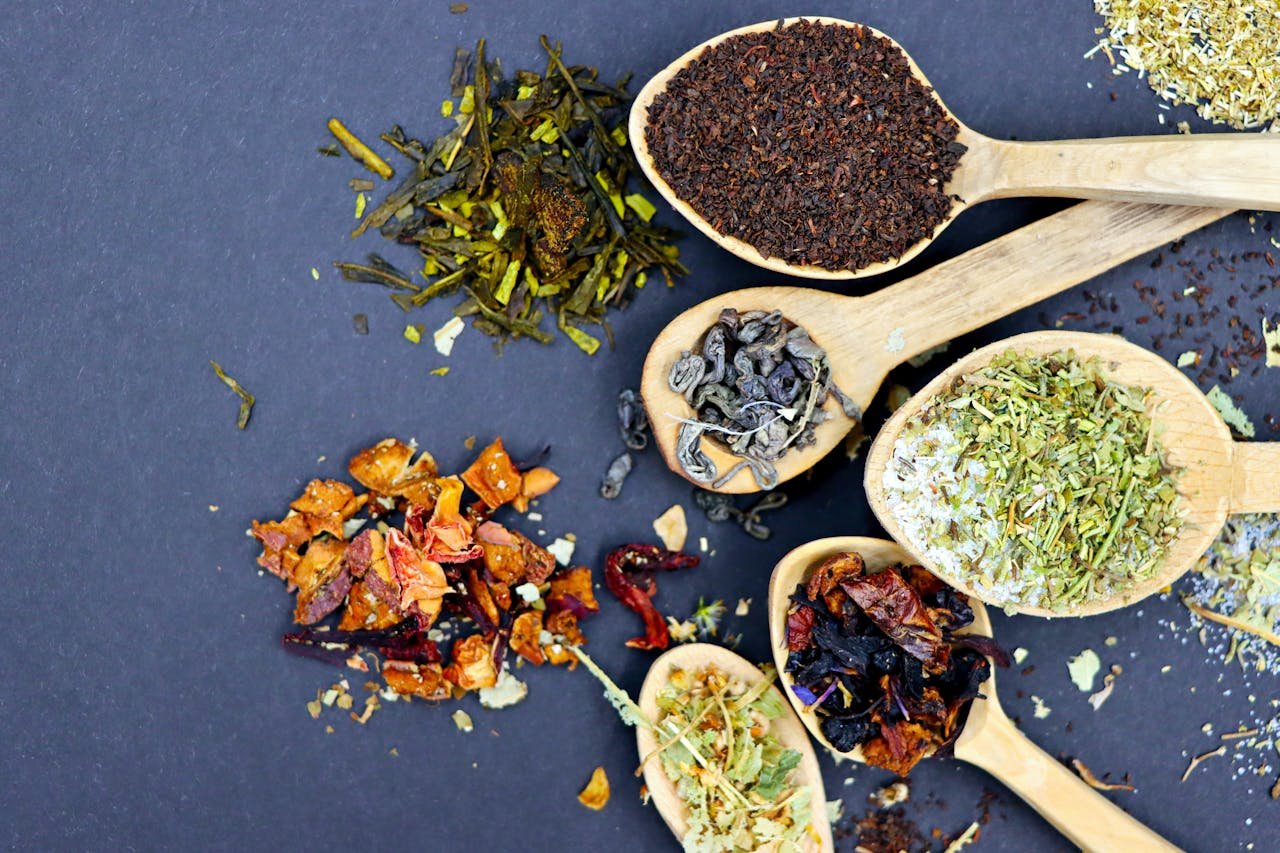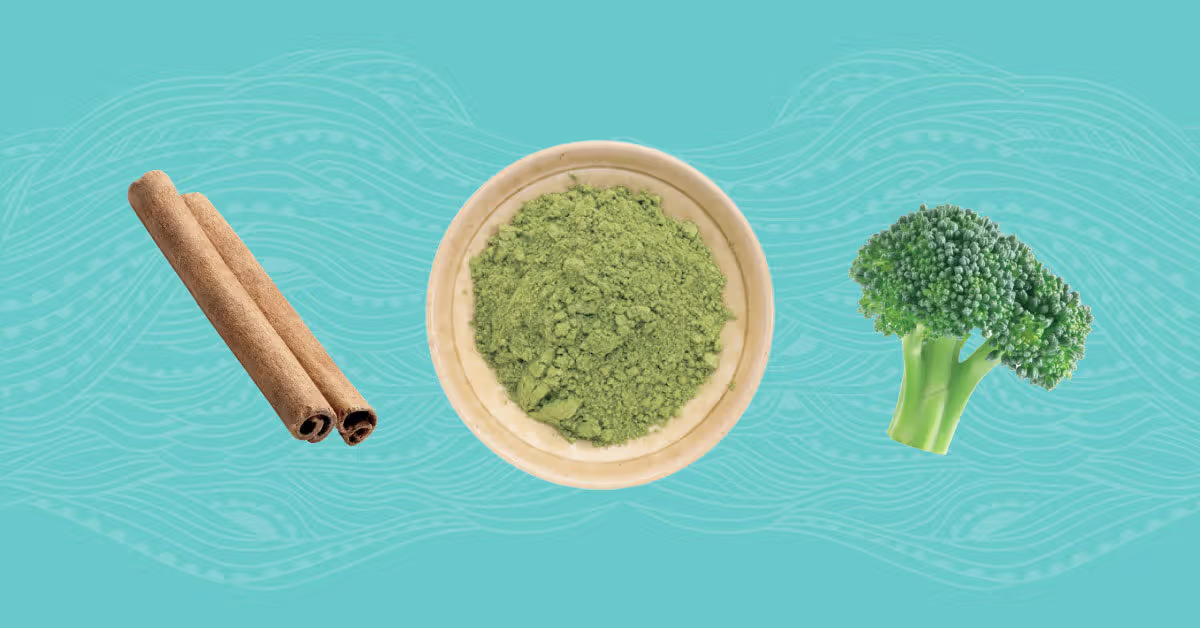In today’s fast-paced world, achieving optimal health is about more than just counting calories or focusing solely on weight loss. Holistic nutrition offers a comprehensive approach, considering not just the body but also the mind and soul. Nourishing your body from within ensures lasting vitality and overall well-being. This guide will walk you through everything you need to know about holistic nutrition, how it benefits you, and why it’s the key to thriving in every area of life.
Whether you’re looking to boost energy, enhance mental clarity, or create a balanced diet that truly supports your health, holistic nutrition is your foundation. By focusing on natural, nutrient-dense foods and incorporating a more mindful approach to eating, you can unlock a deeper level of wellness. The good news? It’s not as complicated as it may sound. With the right knowledge, you can transform your health and thrive.
Let’s dive into the core principles, benefits, and practical ways to incorporate holistic nutrition into your daily life.
What is Holistic Nutrition?
Holistic nutrition is based on the idea that food is not just fuel but medicine for the body, mind, and spirit. By nourishing yourself with whole, unprocessed foods, you can prevent and even reverse chronic conditions while maintaining a strong body and vibrant mental health. Unlike conventional approaches, holistic nutrition doesn’t isolate nutrients or calorie counts. Instead, it looks at the whole picture—how food affects your digestion, energy levels, mood, and overall health.
Key Principles of Holistic Nutrition

Eat Whole, Unprocessed Foods
At the heart of holistic nutrition is the emphasis on whole foods. These include fruits, vegetables, whole grains, nuts, seeds, and lean proteins. Whole foods provide all the essential nutrients your body needs to function optimally, without the artificial additives found in processed foods. For instance, adding fresh, organic vegetables to your diet can not only improve digestion but also enhance skin health, balance hormones, and increase your energy levels.
A diet rich in plant-based foods is also known for its role in reducing inflammation and preventing chronic diseases. By incorporating more whole foods into your diet, you can naturally support your body’s detoxification processes. For a deeper dive into detox, check out how hydration plays a role in liver detoxification, a crucial element of holistic nutrition.
Prioritize Nutrient Density
Nutrient-dense foods are rich in vitamins, minerals, and antioxidants while being low in empty calories. Leafy greens, berries, and fatty fish like salmon are excellent examples. The idea is to maximize the nutritional benefit from every bite. This not only ensures you get the right balance of nutrients but also helps in preventing nutrient deficiencies, which can lead to low energy, poor immune function, and other health issues.
Unlike diets that focus on restriction, holistic nutrition encourages abundance—the more nutrients you consume, the better your body can repair itself, boost immune defenses, and thrive.
Balance Macronutrients
Holistic nutrition promotes a balanced intake of macronutrients—carbohydrates, proteins, and fats. Instead of eliminating food groups, it encourages you to focus on the quality and balance of these macronutrients. Healthy fats, like those found in avocados, nuts, and seeds, support brain function and hormone production. Meanwhile, lean proteins are essential for tissue repair and muscle health.
Balancing these macronutrients throughout the day keeps blood sugar levels stable, curbs cravings, and sustains energy levels, allowing you to feel full and nourished without the midday crash.
The Benefits of Mindful Eating

Holistic nutrition isn’t just about what you eat—it’s also about how you eat. Mindful eating is the practice of being fully present during meals, paying attention to hunger cues, and savoring each bite. This practice helps prevent overeating, improves digestion, and allows you to form a deeper connection with the food you consume.
Eat Slowly and Savor the Experience
Eating slowly gives your body time to register fullness, which prevents overeating. It also allows your digestive system to function properly, reducing the risk of bloating or indigestion. Furthermore, mindful eating helps you appreciate the flavors and textures of your food, making the experience more satisfying.
Listen to Your Body’s Signals
Holistic nutrition encourages you to listen to your body’s natural hunger and satiety signals. When you eat mindfully, you’re more likely to choose nourishing foods that fuel your body, and you’re less likely to eat out of boredom or stress.
For those struggling with sleep issues, adopting mindful eating habits can also contribute to better sleep. Balanced blood sugar levels, regulated through mindful eating, can enhance your sleep quality. For more tips on achieving restful sleep, explore this natural sleep remedies guide.
Hydration: The Forgotten Cornerstone
Often overlooked in nutrition plans, hydration is a key component of holistic health. Water not only supports digestion but is also vital for brain function, energy levels, and detoxification. Many of the body’s processes rely on adequate hydration, yet most people don’t drink enough water.
How Hydration Affects Detoxification
Your liver and kidneys are constantly working to filter out toxins from your body, and hydration plays a pivotal role in this process. Drinking enough water helps flush out waste and keeps your organs functioning optimally. If you’re interested in understanding more about hydration’s role in liver health, see this article on liver detoxification.
Water-Rich Foods
In addition to drinking water, you can also boost hydration through water-rich foods like cucumbers, melons, and oranges. These foods help you stay hydrated while also providing essential nutrients like vitamins A and C, which further support your skin, digestion, and immune health.
Herbal Remedies and Natural Supplements

Herbs and supplements are an integral part of holistic nutrition, providing the body with additional support to balance hormones, improve digestion, and promote mental clarity. Herbal remedies can also address specific health concerns, like acne or skin inflammation.
Herbs for Digestion and Skin Health
Herbs like peppermint and chamomile are known for their digestive benefits, helping to reduce bloating and improve gut health. Meanwhile, herbs like turmeric and calendula are excellent for reducing inflammation and improving skin clarity. For acne-prone skin, tea tonics and other herbal remedies can provide gentle yet effective solutions. Check out this guide on herbal remedies for acne for more information.
Essential Oils for Holistic Health
Incorporating essential oils can further enhance your holistic nutrition plan. Essential oils like lavender can promote relaxation and reduce stress, while peppermint oil can boost energy levels. To better understand how essential oils work, explore the science behind them in this article: the science behind essential oils.
Conclusion
Holistic nutrition goes beyond simple diet changes; it’s a lifestyle that supports your overall well-being. By focusing on whole, nutrient-dense foods, mindful eating practices, and natural supplements, you can transform your health and thrive in every aspect of life. Incorporating hydration, balanced macronutrients, and herbal remedies adds depth to this approach, ensuring that both body and mind are nourished.
The benefits of holistic nutrition are profound, providing not just physical but emotional and mental balance. By embracing these principles, you’re taking an essential step toward a healthier, more vibrant life.









